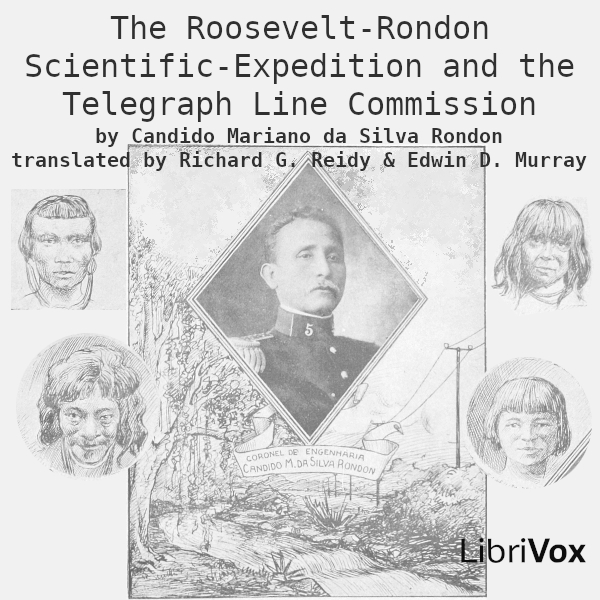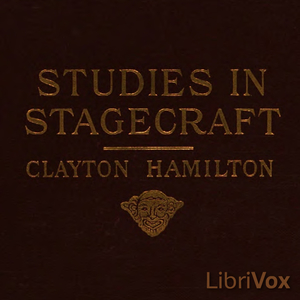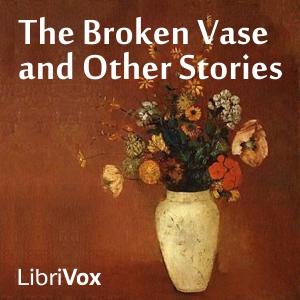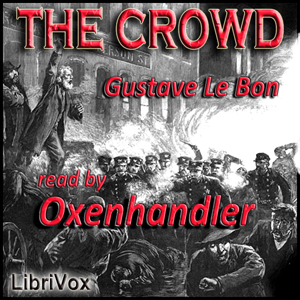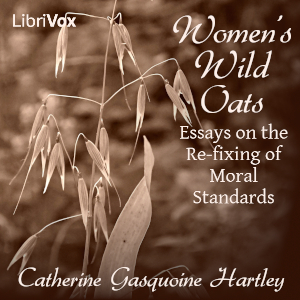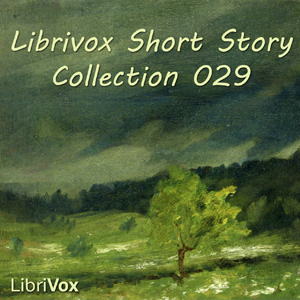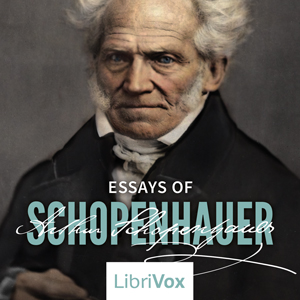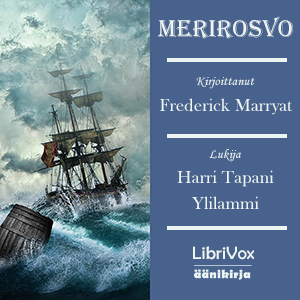An author who means to end a story with some variation of “And they all lived happily ever after” had better deal before that point not just with evil, strife, and terror but also with loss, failure, sacrifice, and death—or the ending will not be credible. And since such negative experiences do not easily lead to happy endings, only the best story-tellers succeed. George MacDonald is one of these. His protagonist, Anodos, discovers on the day he comes of age a path leading into an alternative reality, where a rite of passage awaits him: an entire lifetime in a land of marvels resembling childhood imaginings and medieval romances. The forces motivating him during his adventure, aside from the curiosity that induces him to enter Fairy Land in the first place, are a yearning after the feminine ideal and a desire to accomplish something worthwhile. Other people’s kindness, love, wisdom, and high expectations support him, while malice, selfish exploitation, and tyranny challenge him. Nor are these hostile forces all purely external. Rarely has an author explored so searchingly as MacDonald the soul of a faithful squire and a rejected lover—for this is what Anodos is, when all is said and done. None of the most famous beta males in literature—certainly not Vergil’s “faithful Achates,” not Cervantes’ unforgettable Sancho Panza, not even Homer’s Eumaios (“Oh! my swineherd!”)—is portrayed with the richness, depth, and multi-dimensionality of MacDonald’s visitor to Fairy Land. Just possibly Spenser’s Timias (Prince Arthur’s squire, whose tale is told in […]




